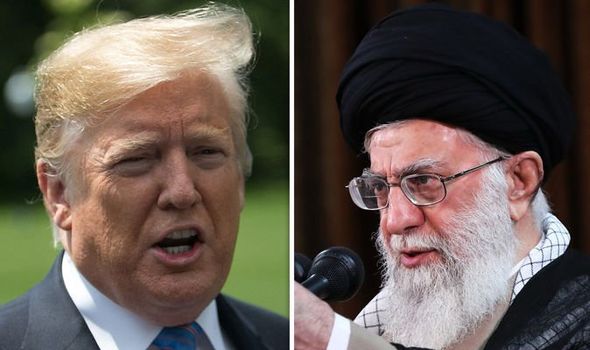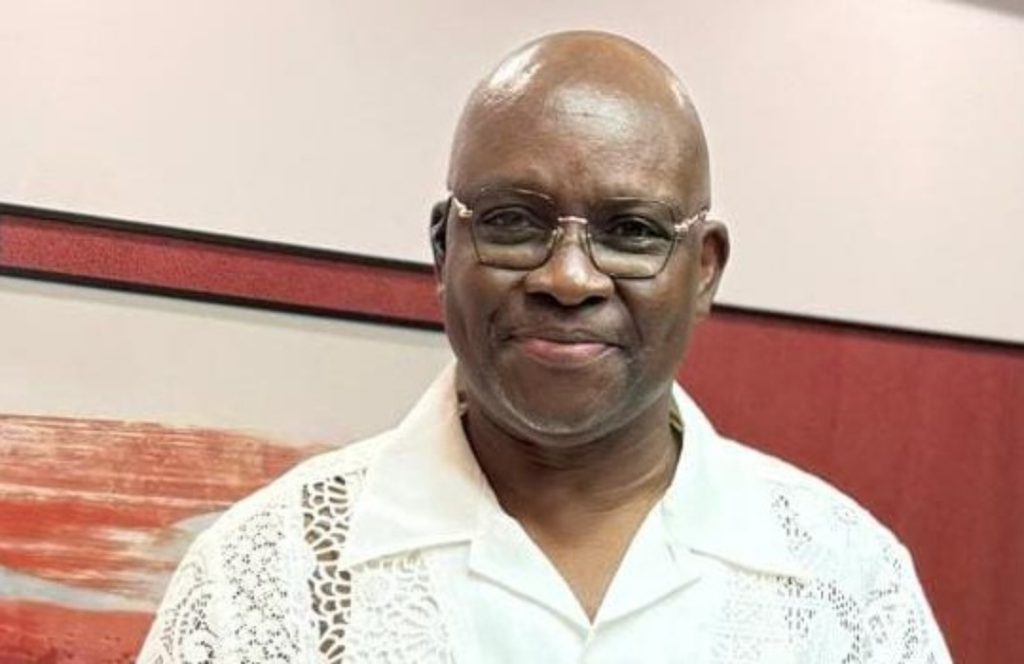In a recent statement, Rwanda expressed deep concern over the Democratic Republic of Congo’s (DRC) abandonment of the Luanda and Nairobi Processes. The DRC has initiated significant combat operations in North Kivu, in violation of regional decisions, with a clear aim to expel M23 and Congolese Tutsi civilians into neighboring countries. This military action is allegedly being coordinated with the Democratic Forces for the Liberation of Rwanda (FDLR), a Rwandan ethnic militia linked to the 1994 genocide against the Tutsi in Rwanda.
This aggressive military approach follows the DRC’s expulsion of the East African Community Regional Force in December 2023, which supervised ceasefire and withdrawal efforts, leading to the recent advances by M23. Rwanda emphasizes that it is the responsibility of the DRC to protect the rights and lives of Congolese Tutsi, which is crucial for the entire Great Lakes Region’s stability, given the decades-long conflict and instability in the area. Under the administration of President Félix Tshisekedi, hate speech, tribalism, ethnic discrimination, targeted arrests, and killings have become routine in Congolese politics.
Rwanda believes that these developments pose a serious threat to its national security. It asserts that the issue of M23 must be resolved politically within the DRC and should not be externalized through force into Rwanda. The DRC’s political and military leadership, including President Félix Tshisekedi, has openly expressed their intention to invade Rwanda and change its government by force. As a response, Rwanda has adjusted its security posture, including measures to protect its air defense and counter offensive air capabilities, following the DRC’s deployment of advanced Chinese CH-4 attack drones and violations of Rwandan airspace by Congolese fighter jets.
While Rwanda seeks clarification from the U.S. Government regarding its recent statement that Rwanda finds to be in contradiction with the productive framework for de-escalation initiated by the U.S. Director of National Intelligence, it points out that the U.S. Department of State previously designated FDLR as a terrorist organization under the provisions of the Patriot Act in 2001. Rwanda emphasizes that characterizing FDLR merely as an “armed group” disregards the group’s genocidal and terrorist nature, calling into question the ability of the United States to serve as a credible mediator in the Great Lakes Region.
Rwanda firmly believes that ending the DRC’s state support for FDLR and ensuring their demobilization and repatriation to Rwanda is a non-negotiable requirement to protect Rwanda’s territorial integrity and national unity. It reserves the right to take legitimate measures to defend the country as long as the threat persists. Rwanda appreciates the mediation efforts of regional leaders, including President João Lourenço of Angola, and is committed to taking extraordinary steps to achieve security and stability in the region by addressing the root causes of the conflict.



